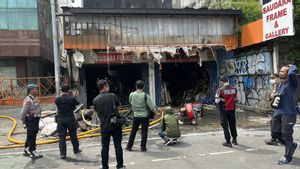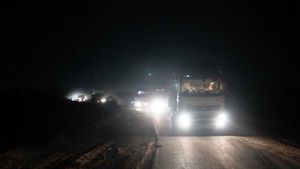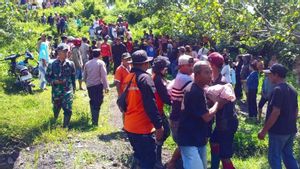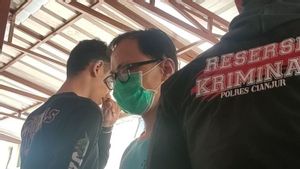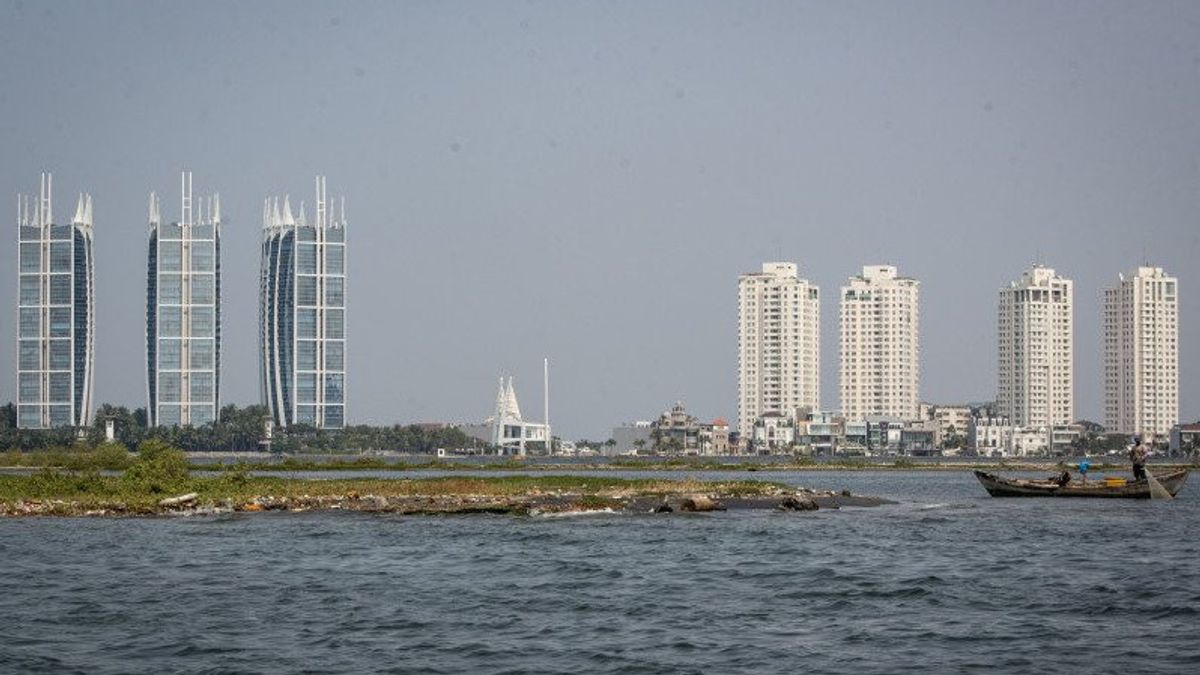
JAKARTA - Research Center for Radiation Detection and Nuclear Analysis Technology (PRTDRAN) Nuclear Energy Research Organization (ORTN) National Research and Innovation Agency (BRIN) is conducting research related to environmental pollution in industrial and urban areas based on nuclear engineering in Indonesia.
"It is hoped that this research can become a reference based on the latest technology in formulating, taking appropriate and directed actions and policies to overcome air pollution problems," said Head of PTDRAN ORTN BRIN Abu Khalid Rivai in a statement quoted by Antara, Saturday, June 25.
The research was carried out in stages over five years, namely in 2020-2024. The research was conducted against the background of increasing urbanization and various transportation and industrial activities that have the potential to have an impact on air pollution.
Rivai said the research results are expected to be a reference for completing and perfecting government regulations related to ambient air quality standards in Indonesia so that air quality becomes better and Indonesia's skies become bluer.
According to the Air Quality Live Index, air quality conditions in Indonesia have tended to deteriorate in the last two decades.
Based on data from the World Health Organization (WHO), 91 percent of Indonesia's population lives in areas with air pollution levels exceeding safe limits. Air pollution has a significant impact on human health, ecosystems, climate change and global warming.
Main Expert Researcher PTDRAN Muhayatun Santoso said the research activities carried out included sampling, characterization, identification and quantification of environmental pollutants, and studies of the impact of industrial activities on environmental pollution.
He said the use of Nuclear Analysis Techniques (TAN) for research related to air pollution, such as Neutron Activation Analysis (AAN), X-Ray Flourescence (XRF) and Proton Induced X-Ray Emission (PIXE) techniques, were very suitable and needed in analyzing particulate samples. very small mass of air.
According to him, TAN technology has high sensitivity, is simultaneous, selective, and the detection limit reaches the order of nanograms, is able to detect 20-30 trace elements, can analyze air particulate samples with very small weights and with a large number of samples.
Muhayatun hopes that the advantages of the nuclear analysis technique are expected to be a solution to the problem of environmental pollution.
Ambient air quality studies and monitoring activities that have been carried out in various cities in Indonesia are carried out in collaboration between BRIN and the Ministry of Environment and Forestry (KLHK) involving the Provincial/City Environmental Services.
A total of 17 cities are involved in this activity, namely Jakarta, Tangerang, Bandung, Yogyakarta, Semarang, Surabaya with two locations, Medan, Pekanbaru, Palangka Raya, Balikpapan, Makassar, Manado, Ambon, Jayapura, Denpasar and Mataram.
The sampling activity was carried out using the GENT dichotomous sampler air sampling equipment.
Muhayatun said that the main parameter of air pollution that has a significant impact on health is fine air particulates of very small size to the order of micro-meters, which is less than 2.5 m (PM 2.5).
The particulates found in the atmosphere are generally up to 50 m in size, which varies depending on the size of their existence.
He said that fine air particulates generally consist of micro-sized particles originating from anthropogenic sources such as motor vehicles, biomass combustion, and fuel combustion.
"These fine particulates are very dangerous because they can penetrate the deepest parts of the lungs and heart, causing health problems including acute respiratory infections, lung cancer, cardiovascular disease and even death," he said.
The English, Chinese, Japanese, Arabic, and French versions are automatically generated by the AI. So there may still be inaccuracies in translating, please always see Indonesian as our main language. (system supported by DigitalSiber.id)



